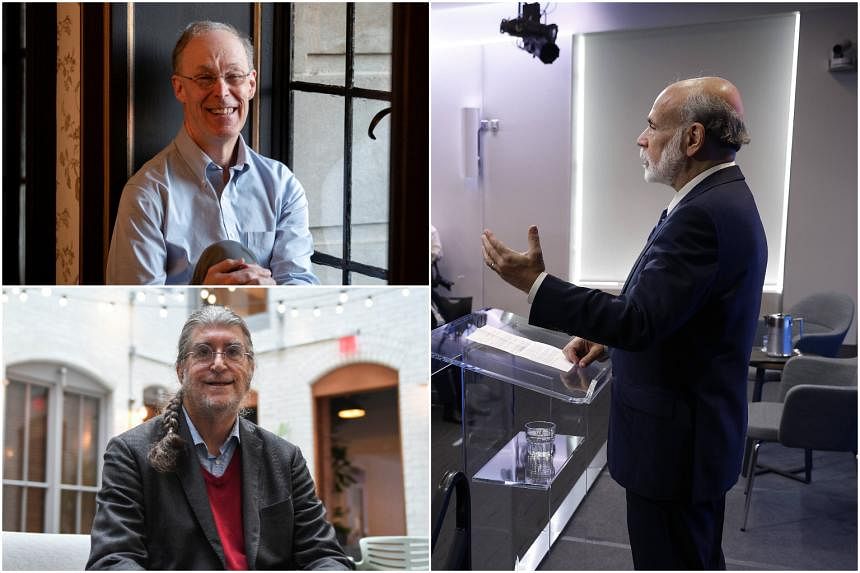Do people still read Rudyard Kipling's If? Even if you haven't, you probably know how it begins: "If you can keep your head when all about you are losing theirs…" Refusing to panic, Kipling asserted, was a great virtue. But during a bank run, refusing to panic can also be a way to lose all your money.
On Monday, the Nobel Prize in Economics was given to a household name, Dr Ben Bernanke, and two economists' economists, Professor Douglas Diamond and Professor Philip Dybvig, largely for papers they published almost 40 years ago. So let's talk about their work and why, unfortunately, it remains all too relevant.
Already a subscriber? Log in
Read the full story and more at $9.90/month
Get exclusive reports and insights with more than 500 subscriber-only articles every month
ST One Digital
$9.90/month
No contract
ST app access on 1 mobile device
Unlock these benefits
All subscriber-only content on ST app and straitstimes.com
Easy access any time via ST app on 1 mobile device
E-paper with 2-week archive so you won't miss out on content that matters to you

